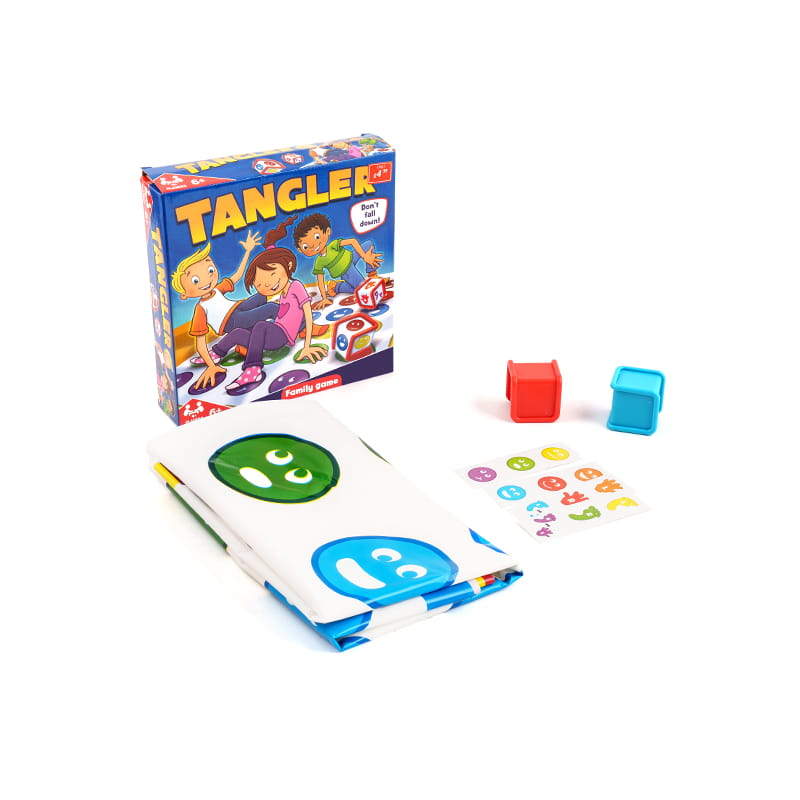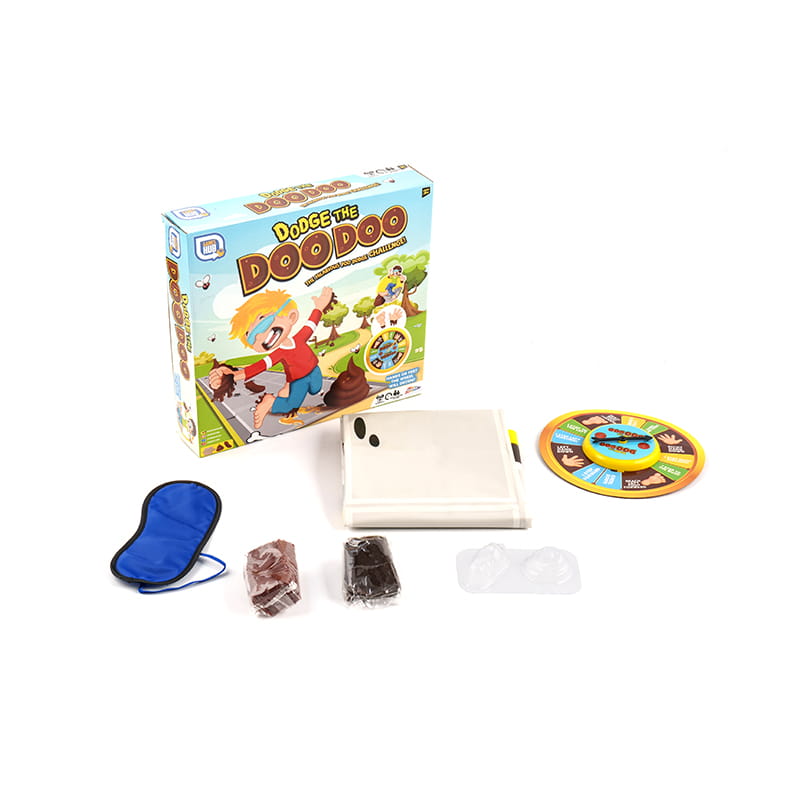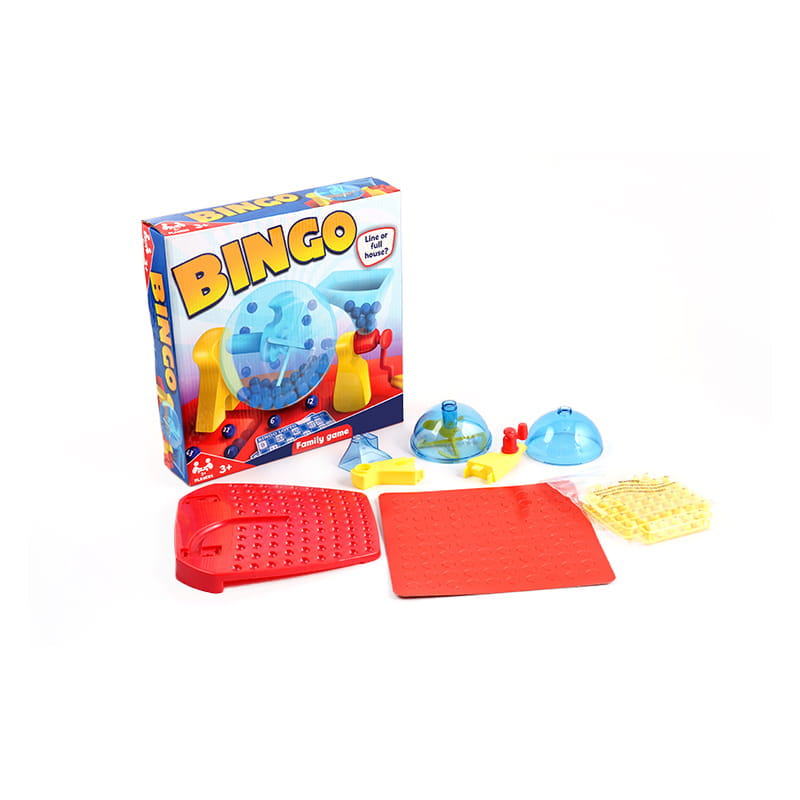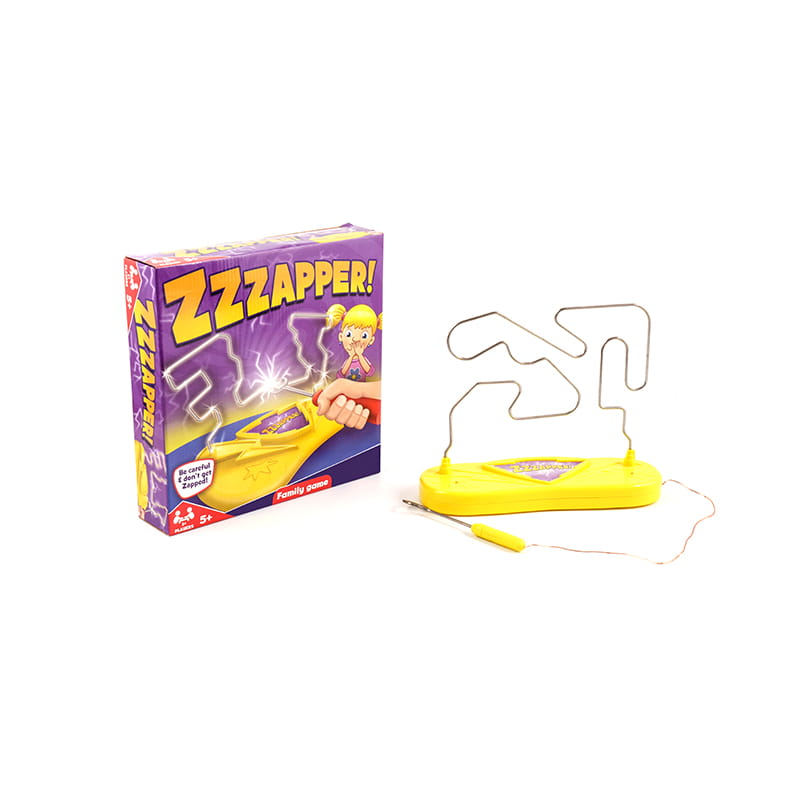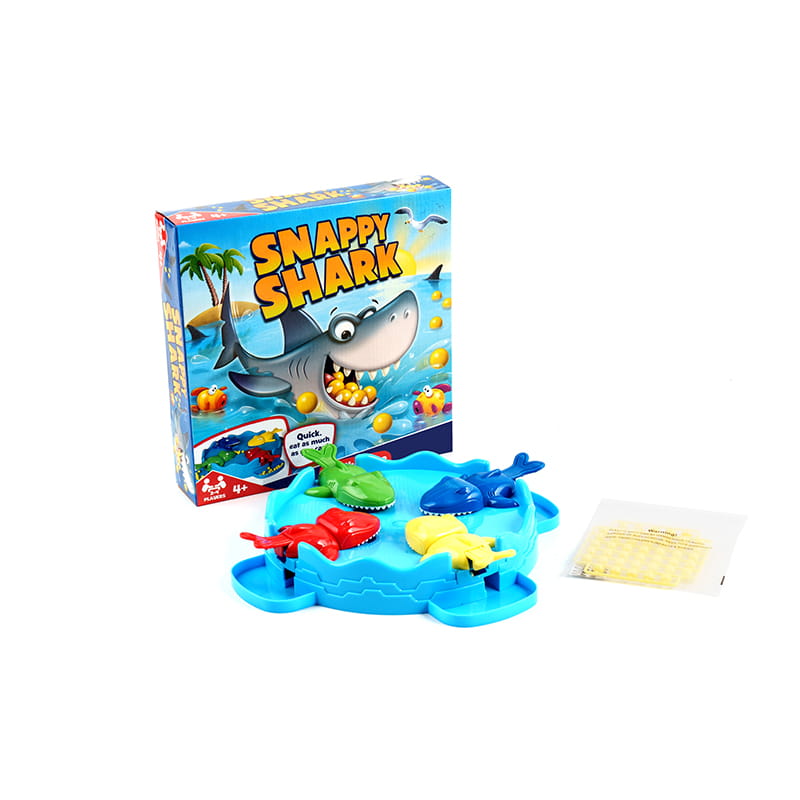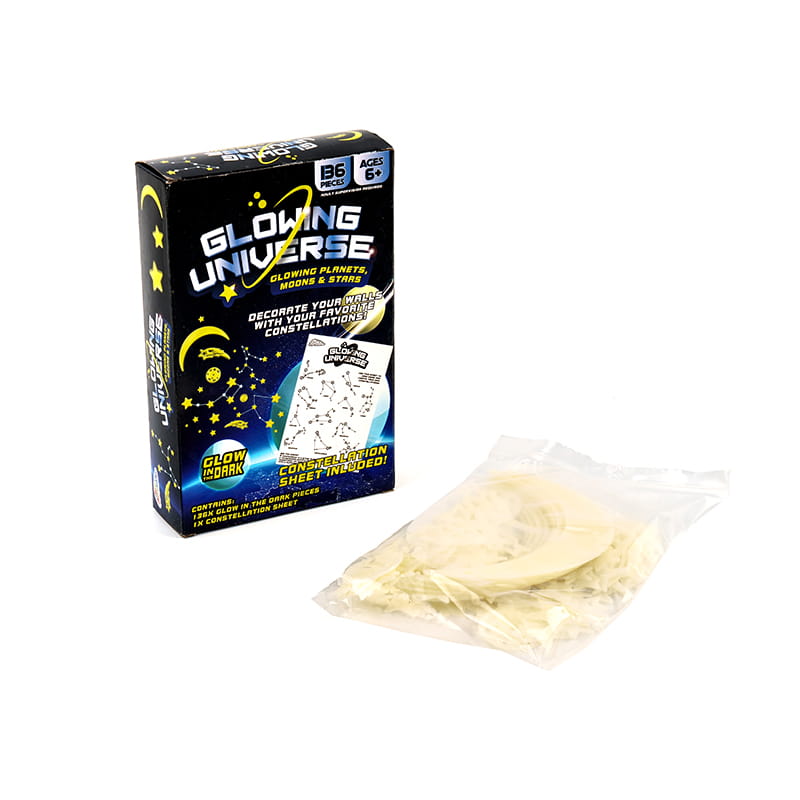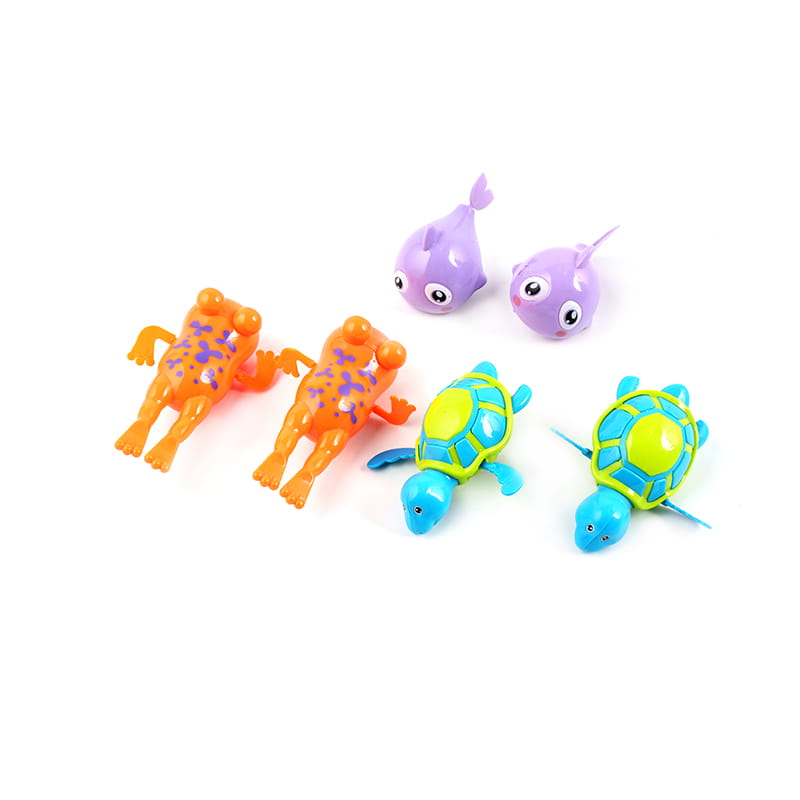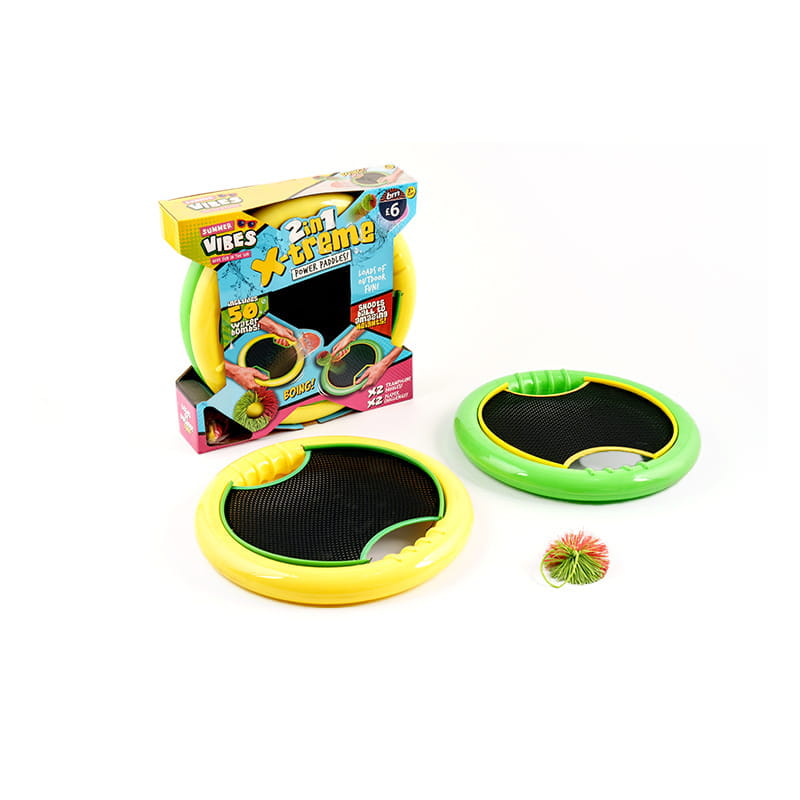- Type:
- Industry News
- Date
- 2025-Oct-17
How can I tell if plastic toys contain banned phthalates?
Content
Identifying Banned Phthalates in Plastic Toys
1. Testing Standards and Limits
The international maximum residual level for the six banned phthalates (DEHP, DBP, BBP, DINP, DIDP, and DNOP) is 0.1%. Regulations such as the US CPSIA and EU REACH also use the same limit.
2. Laboratory Testing Methods
Gas chromatography-mass spectrometry (GC-MS): Quantitative analysis is performed after solvent extraction, with a sensitivity of up to 0.1 mg/kg.
Laser Raman spectroscopy: Non-destructive and rapid screening, with a linear relationship between characteristic peak intensity and DEHP, DBP, and BBP content.
Rapid DART-MS: Detects six banned phthalates in under 5 minutes without pretreatment, with a detection limit below 0.1%.
3. Third-Party Testing Services
Yuyao Leda Craft Co., Ltd. entrusts its products to laboratories with CNAS and CMA certification to undergo the aforementioned testing before export, ensuring that all plastic toys meet safety requirements for the European and American markets.
4. Simple Self-Test Methods
Use specialized phthalate test strips or a portable FTIR instrument for rapid on-site screening. If any abnormal color changes or spectral peaks are observed, the toys can be sent for further testing.
How to properly store plastic toys to prevent aging?
1. Avoid exposure to light and high temperatures
Ultraviolet rays in sunlight decompose pigments and plasticizers, causing color fading and embrittlement. Keeping toys in a cool, well-ventilated environment can significantly extend their lifespan.
2. Control Humidity
High humidity accelerates oxidation reactions, causing micro-cracks in plastics. Maintaining a dry, well-ventilated storage space can inhibit the aging process.
3. Use Anti-Aging Additives
Adding additives such as antioxidants and UV absorbers during the production process can improve the material's weather resistance. Yuyao Leda Craft Co., Ltd. has incorporated a highly effective anti-aging formula during its R&D process to ensure that plastic toys maintain their performance even after long-term storage.
4. Proper Packaging and Stacking
Avoid deformation caused by prolonged pressure. Use soft packaging materials or store toys in layers to prevent scratches caused by friction.


 English
English
 English
English 中文简体
中文简体